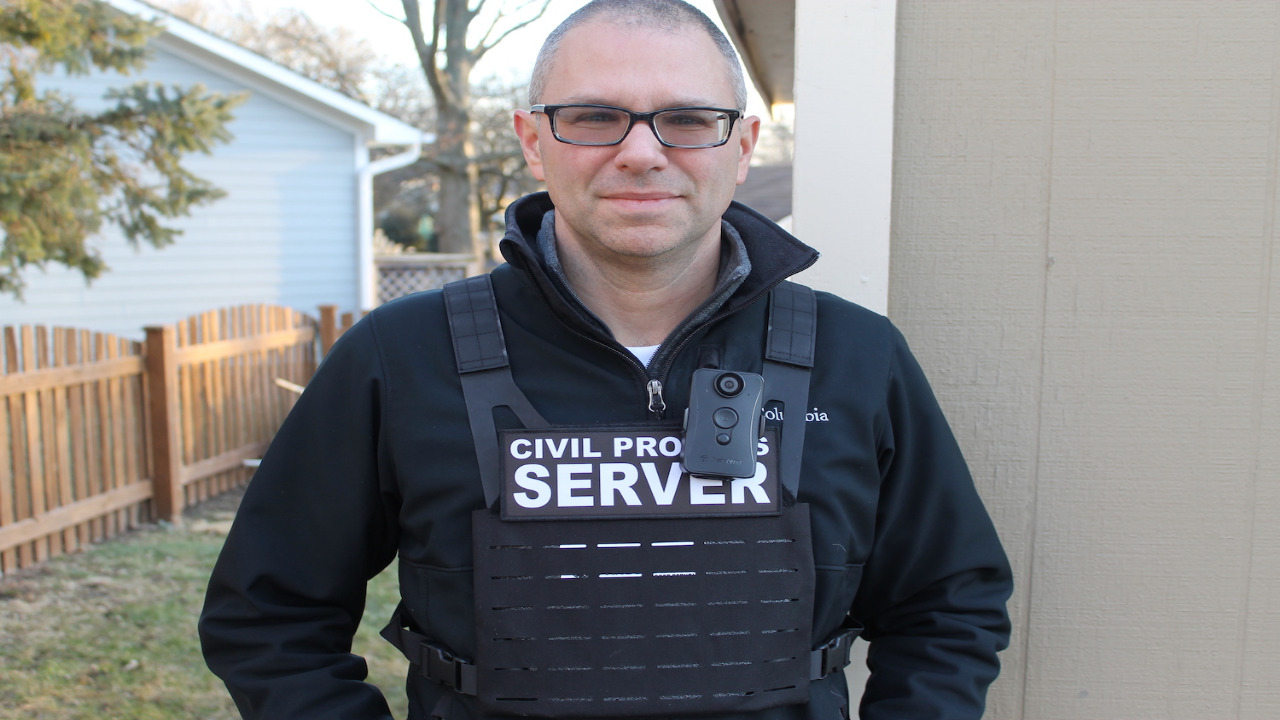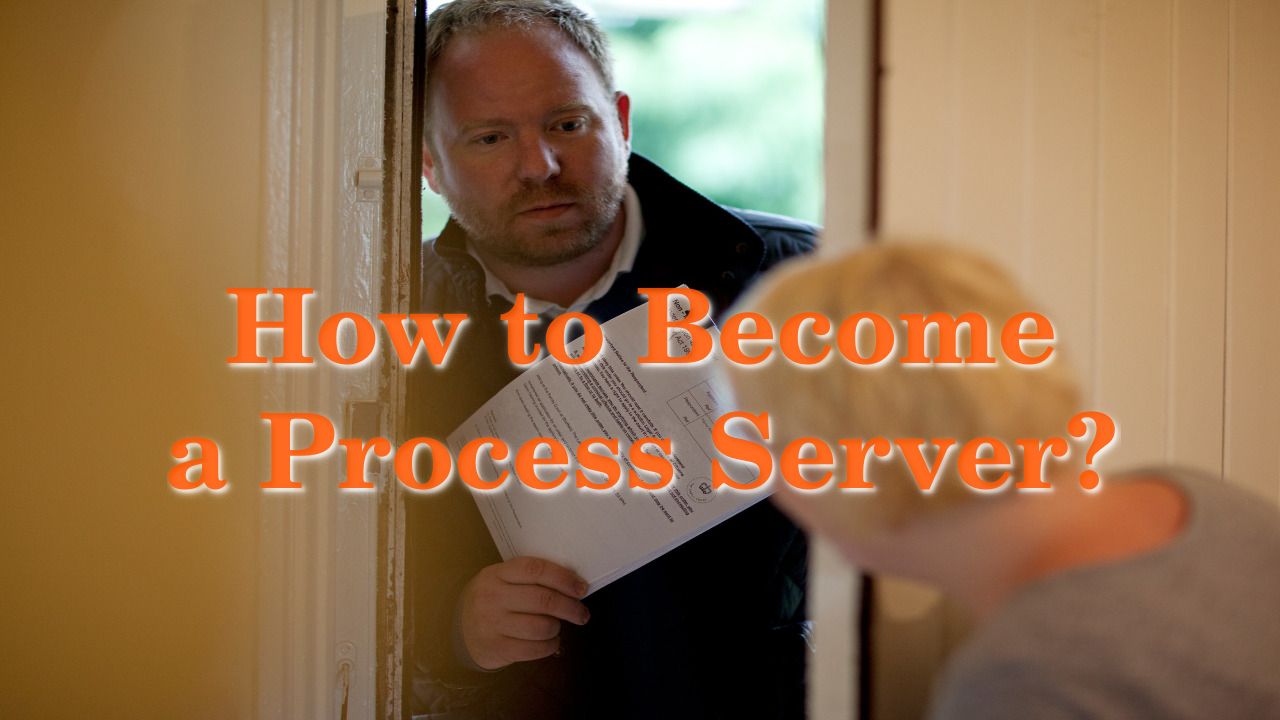Process servers are professionals who deliver legal documents. They are also responsible for moving and storing documents. This can involve anything from verifying the appointment of a receiver for an estate to presenting a subpoena to a judge. There is no specific educational requirement, but having some experience in this field would be helpful.
What is a Process Server?

A process server is someone who distributes legal paperwork to the correct parties. This position also requires the submission of court documents and the retrieval of files for attorneys. When someone initiates legal action against another, a process server ensures the defendant is aware of the case. The judicial system employs process servers to ensure that the defendant has been properly served with notice of the allegations against them. To become a process server in Melbourne, you need to have an understanding of international law and the ability to learn all aspects of legal practice.
Summonses, subpoenas, divorce decrees, and eviction notices are examples of legal documents typically delivered by process servers. In addition, employment opportunities for process servers exist in law firms, government courts, and other institutions dealing with legal matters.
How to Become a Process Server?
To become a process server, one must first ensure they meet the basic standards, obtain the necessary training, licensure, and certification, and earn experience in the area.

Complete a Training Program
A process server must abide by all local, state, and federal regulations. Thus, the vast majority of aspiring servers enroll in formal education programs. Typically, training opportunities can be found through state associations, sheriff’s offices, and university campuses. The courses will instruct you on the fundamentals of serving and the relevant federal and state laws. Training programs typically cover topics such as how to do research and surveillance, as well as how to serve someone and provide evidence of having done so properly. Training can also teach you the business acumen you need to freelance for various law firms or individual customers.
Learn a Foreign Language

It is helpful for servers to learn a second language because they often interact with customers who do not understand English. Community centers, adult education programs, online resources, and even some community institutions offer language instruction.
Gain Certification or Licensure

To qualify for a position as a server in some jurisdictions, applicants must first pass a certification or licensing examination. To become certified or licensed, you may need to apply, undergo a background check, and take an examination in addition to finishing a training program. Liability insurance documentation may also be requested. You also need to be an adult (18 or older) and not a party to the lawsuit.
Get in Touch with the County Clerk or the County Courthouse

The steps needed to enter the field of process serving are highly context-dependent. No mandatory education prerequisite exists, but some positions may demand specific training, qualifications, or licenses. For example, while service of process is restricted to state marshals in Connecticut, registration is the only requirement in Delaware. It is recommended that you get in touch with your local county clerk or courthouse for information on state-specific regulations.
Gain Experience

Aside from public entities, such as courts and prosecutor’s offices, commercial businesses, such as legal firms and collection agencies, may also have openings. Further, one can go into a company for themselves and market their expertise to law firms. A process server’s duties typically include both making deliveries and learning about the receivers of legal documents. Those tasked with delivering legal documents, known as process servers, do their homework before meeting with a client and learn everything they can about the person to whom they will deliver the documents. Proficient service in a wide range of settings is a skill that process servers must master.
Do Not Stop Your Studies
You must keep learning throughout your career to keep up with the ever-changing regulations and trends in your field. Workshops, seminars, and other activities, often organized by professional groups or private training schools, provide opportunities for continuous education.
Participate in a Network of Professionals
There are many organizations at both the state and national levels for process servers (NAPPS). The National Association of Professional Speakers (NAPPS) provides its members with chances for professional development and certification and information on relevant events, resources, and employment possibilities.
Conclusion
There are many different ways to become a process server. Some of them are through self-study, training, in-service education from your company, or you can volunteer. Becoming a process server is not easy. Selecting the right company and training program to follow can be even more difficult. Researching the different options and choosing your preferred way of becoming a process server in Melbourne is best.
